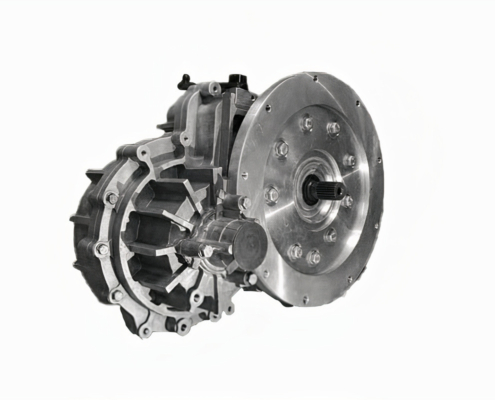Electric and Smart Vehicles
Since the beginning of its activity, JETCO has been at the forefront of acquiring and localizing the knowledge of design and production of electric and smart vehicle technology by forming a specialized group “Design and development of electric and smart cars”. This group has gone through the process of designing and building two electric cars on existing platforms in the country up to the level of product development and prototyping. Among the specialized fields and capabilities available in the group are:
Electric vehicle system design according to the goals defined by the stakeholders
- General Design Analysis
- EV Architecture and Configuration Definition
- Vehicle Target Cascading
- Package Design
- Electric Powertrain System Definition
- Key Subsystem Selection
- Functional Safety Analysis
- Vehicle Energy Consumption and Milage Estimation
Electrical, Electronics and Network
- Defining the topology and requirements of the EV network
- Wiring harness design and High Voltage (HV) power distribution
- System design and functional requirements definition for EV modules
- Specifying EE changes and modifications to convert an ICE car into an electric variant
- Defining/developing functions related to EV management by the user (GUI)
- Designing functions and requirements of EV digital instrument cluster
- Defining errors and implementing diagnostics in EV
HV Battery Pack and Charger
- Battery pack system design according to milage requirements and available space
Designing the structure of the battery pack according to the requirements of vibration, shock, accident, fatigue, sealing, etc. - Performing various mechanical simulations through ANSA, ABAQUS, Ansys Workbench software.
- Designing Battery Management System (BMS)
- 1D and 3D modeling of battery cells to simulate thermal and electrochemical interactions of battery cells in different modes.
- Designing, modeling and implementing various cooling methods for lithium-ion battery cells
Simulation and design of battery piping packs with the aim of improving the uniformity of fluid flow distribution and cell temperature - Development and implementation of charging control algorithms based on ISO standard
Electric Powertrain
- Design, analysis and simulation of the performance of electric motors
- Carrying out standard validation tests of electric motors such as dynamometric tests
- Design and analysis of electric drives used in electric vehicles
- Integration of electric powertrain components
EV Integrated Thermal Management System
- Developing integrated models of heat management of electric vehicles (including cooling of driving forces, heat management of battery pack and air conditioning of the cabin) to check the thermal performance of the car in driving cycles.
- Developing functional logics and control algorithms of integrated car heat management systems with the aim of optimal temperature control by reducing power consumption and improving car navigation.
- Analyzing aerodynamics and air flow distribution in cooling pack and car engine compartment
- Designing, developing and optimizing the cooling system of electric powertrains
- Designing and simulating electric motor cooling (water cooling, oil cooling, combination of water and oil)
- CFD simulation and thermal analysis of high-power electrical components to meet thermal requirements
- Designing and building a variety of test benches for simulating and checking the performance of various cooling systems and components used in electric vehicles.
Vehicle Dynamics
- Design and development of EV suspension system (ride comfort, handling, vehicle stability…)
- Analytical modeling and software simulation of vehicle dynamics using ADAMS and CarSim
- Design and development of EV brake system including disc, caliper, booster (electric and vacuum), electric park brake …
- Regenerative braking design and calibration
Electric Vehicle Control and Management
- Vehicle control unit (VCU) system design, such as defining requirements, functions, communications, tasks, etc.
- Developing functional and safety related algorithms and scenarios of VCU
- Performing failure mode effects and analysis (FMEA)
- Calibration and mapping of electric vehicles gas pedal
- Designing and developing cruise control algorithms for electric vehicles






